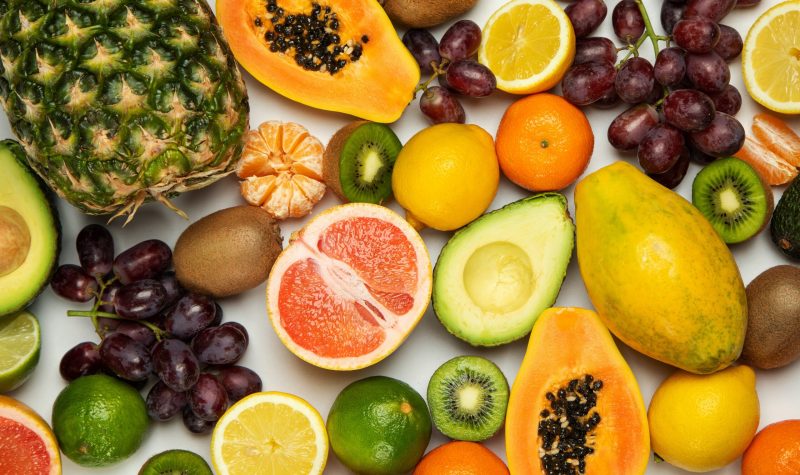Toronto’s city council approves the first Black food sovereignty plan to address food insecurity experienced by several Black Torontonians, according to a recent report.
A city press release states that its research shows Black families are about three times more likely to be food insecure compared to white families, with about 36 per cent of Black children living in food insecure households.
The high rates of food insecurity have been linked to poor health outcomes for individuals, including the increased likelihood of developing diabetes, asthma, cardiovascular disease and depression. Further, populations most affected by food insecurity have also been identified as being more vulnerable to COVID-19.
The plan will be for five years, led by local communities with support from the municipal government to accomplish three main objectives outlined in the press release:
• Develop city-supported, black-led initiatives dedicated to addressing food insecurity issues that disproportionately impact Black communities.
• Identify and establish sustained supports and funding for Black-led, Black-serving, and Black-mandated food organizations and Black food sovereignty community infrastructure.
• Engage, align, and leverage new and existing City strategies and initiatives to advance systems change and shared goals to realize Black food sovereignty outcomes in neighbourhoods with high Black populations.
"This is a celebration for all Black Canadians who live in Toronto," said Anan Lololi, executive director of Afri-Can FoodBasket, a non-profit organization working with the city to help deliver fresh fruits and vegetables to Black residents in need as part of the plan. "The cultivation of the Toronto Black Food Sovereignty Plan is a vital step in helping us remove food injustice in the Black community."
Toronto Mayor John Tory said, “With this plan, we want to positively impact the lives of Black Torontonians through increased access to food and health services, access to training and economic development and employment opportunities; and enhanced opportunities for civic engagement that will shape municipal decisions that impact their lives.”
Spadina-Fort York City Councillor Joe Cressy, who is also the chair of Toronto’s board of health said, "The development and implementation of the Toronto Black Food Sovereignty Plan is an important step forward in addressing systemic racism and discrimination and tackling the inequities that Black communities face when it comes to accessing healthy, affordable and culturally-appropriate food."
As a leading community organization in the plan, the Afri-Can Food Basket has helped the city's African, Carribbean and Black communities requiring access to healthy, culturally sensative food since 1997, according to the organization's website.
Further, its current deliveries of fresh fruits and vegetables began as a response to the impact of COVID-19 to accessibility.
Listen to the CRJU news update here:


